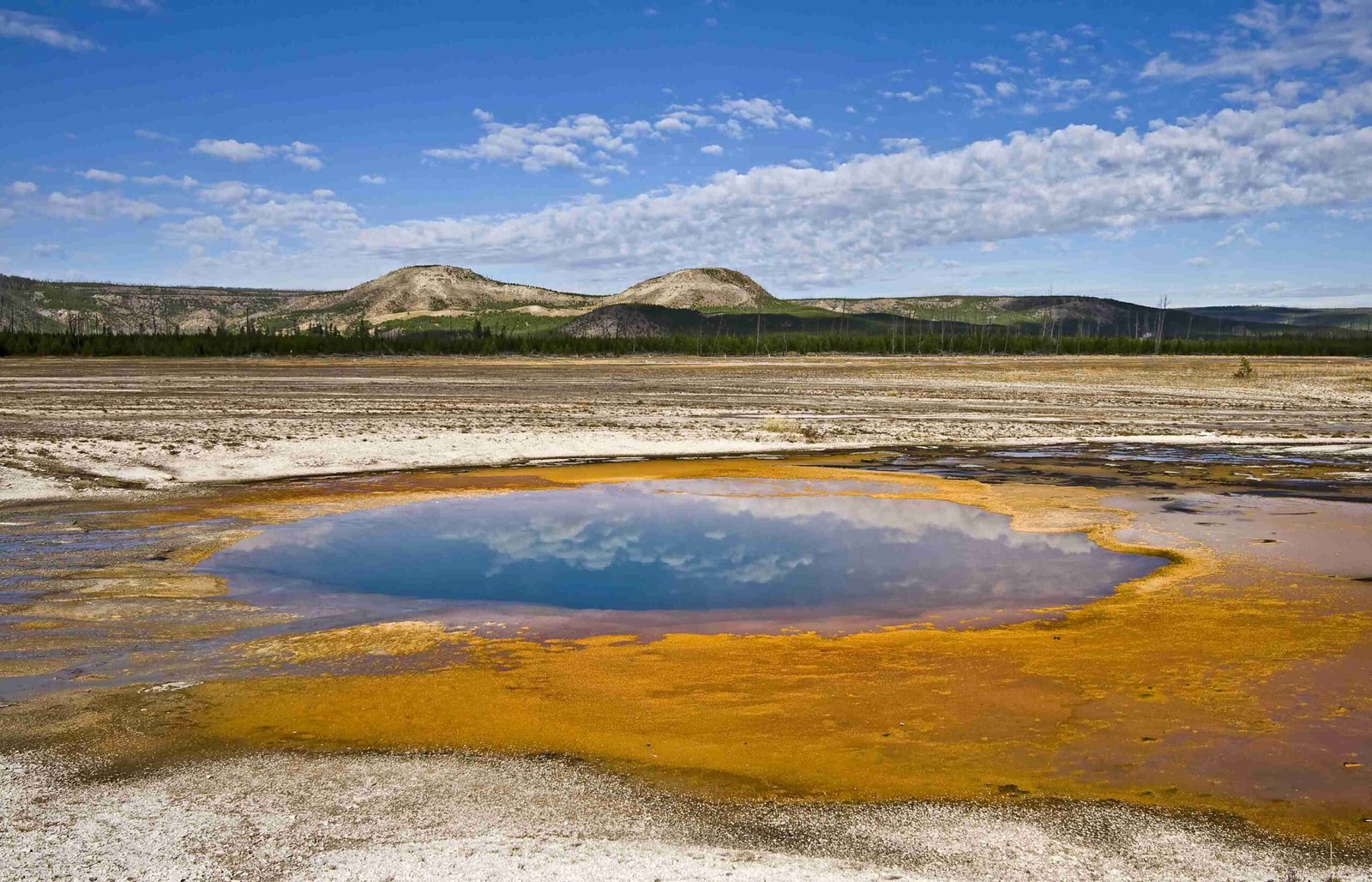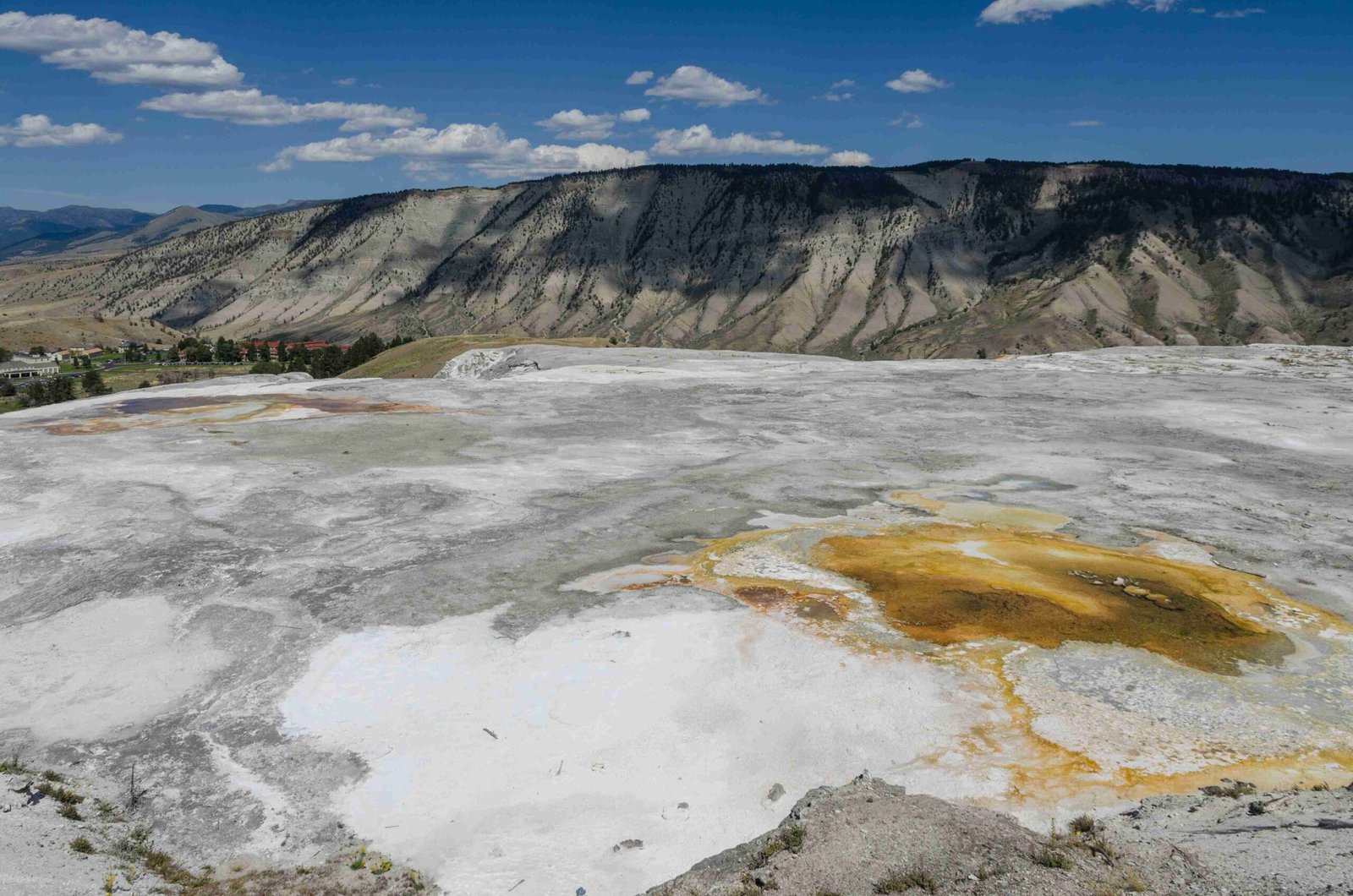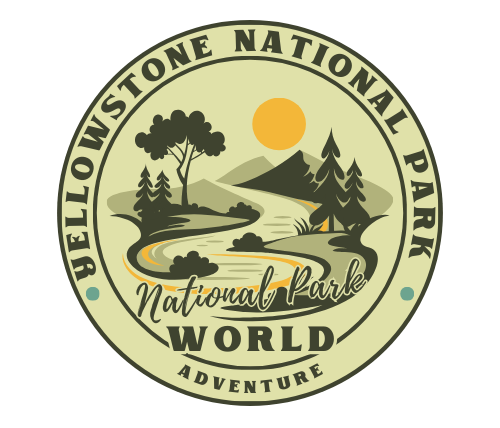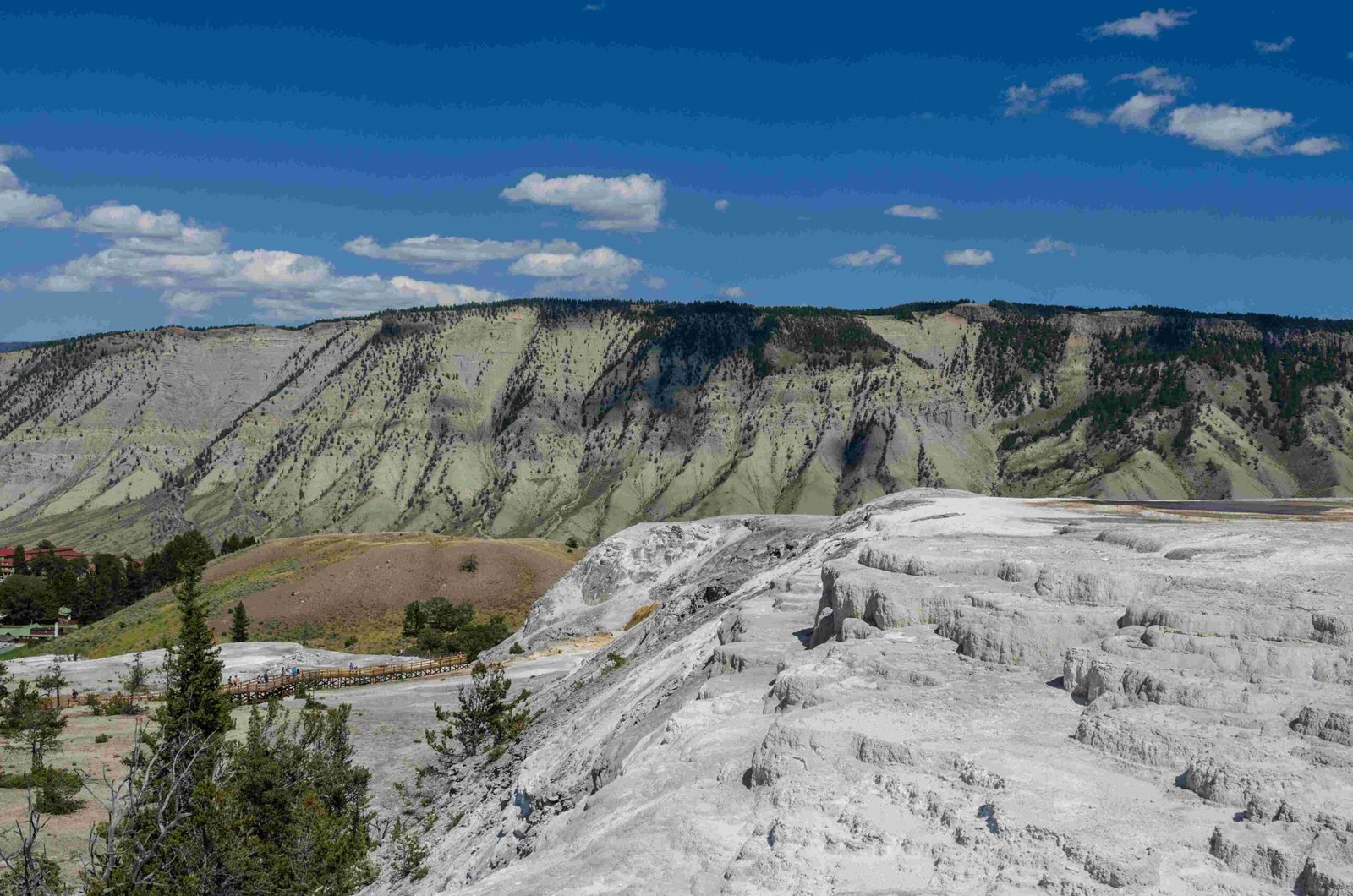The elk rutting season in Yellowstone National Park is a captivating annual event that draws wildlife enthusiasts from around the world. This natural spectacle typically occurs from late August to early October, with peak activity in September. During this time, bull elk engage in dramatic displays of strength and dominance, including bugling, sparring, and herding females. Visitors can witness these behaviors in several key areas of the park, making it a prime opportunity for wildlife viewing and photography.
What is the Elk Rutting Season in Yellowstone National Park?

The elk rutting season, also known as the elk rut, is the mating period for elk in Yellowstone National Park. This annual event is characterized by intense competition among male elk (bulls) for the right to mate with female elk (cows). The rut is a crucial time in the elk’s life cycle, ensuring the survival and genetic diversity of the species.
During this period, bull elk undergo significant physical and behavioral changes. They grow impressive antlers, develop thick necks, and emit a strong, musky scent. These changes prepare them for the challenges of the rut, including fierce battles with rival bulls and the energy-intensive task of gathering and protecting harems of cow elk.
When Does the Elk Rutting Season Occur in Yellowstone?

The elk rutting season in Yellowstone National Park follows a predictable annual schedule:
- Start Date: Late August
- Peak Activity: September
- End Date: Early October
While these dates provide a general timeframe, the exact timing can vary slightly from year to year based on factors such as weather conditions and herd dynamics.
Daily Activity Patterns
Elk are most active during the cooler parts of the day, particularly at dawn and dusk. This table outlines the typical daily activity patterns during the rut:
| Time of Day | Elk Activity |
|---|---|
| Dawn | High activity: bugling, sparring, herd movement |
| Midday | Lower activity: resting, grazing |
| Dusk | High activity: bugling, sparring, herd movement |
| Night | Continued bugling, especially during peak rut |
Where Are the Best Places to Observe the Elk Rut in Yellowstone?
Yellowstone National Park offers several prime locations for observing elk during the rutting season. Each area provides unique viewing opportunities and experiences:
- Mammoth Hot Springs
- High concentration of elk activity
- Easily accessible by car
- Elk often seen near park buildings and along the Gardner River
-
Parking available near park buildings
-
Lamar Valley
- Wide-open spaces for distant viewing
- Less crowded than Mammoth Hot Springs
- Excellent visibility
-
Pullouts available for safe viewing
-
Madison River
- Popular for observing elk during the rut
- Meadows between Madison Junction and West Yellowstone
- Pullouts and parking areas along the river
What Safety Precautions Should Visitors Take During the Elk Rut?
Observing the elk rut can be an exhilarating experience, but it’s crucial to prioritize safety for both visitors and wildlife. Here are essential safety guidelines to follow:
- Maintain Safe Distances
- Stay at least 25 yards (75 feet) away from elk
-
Increase distance during the rut due to heightened aggression
-
Avoid Provoking Elk
- Do not approach elk in vehicles or on foot
-
Never imitate elk sounds or calls
-
Use Designated Viewing Areas
- Observe elk from established pullouts and parking areas
-
Do not stop on roads to view elk
-
Be Aware of Surroundings
- Watch for elk near roads and buildings
-
Stay alert for sudden elk movements or charges
-
Follow Park Rules
- Adhere to all park regulations and staff instructions
- Report any concerning behavior to park rangers
What Unique Behaviors Can Visitors Expect to See During the Elk Rut?
The elk rutting season offers visitors the chance to witness a variety of fascinating behaviors:
- Bugling
- High-pitched, piercing calls made by bull elk
- Serves to attract females and challenge other males
-
Can be heard over long distances, especially at dawn and dusk
-
Sparring and Combat
- Bulls lock antlers and push against each other
- Ranges from brief skirmishes to prolonged battles
-
Establishes dominance hierarchy among males
-
Herding
- Bulls gather and protect harems of cow elk
- Use antlers and body size to keep rivals away
-
Constant vigilance to maintain control of the harem
-
Wallowing
- Bulls roll in mud or urine-soaked ground
- Covers their body with a strong scent to attract females
- Often accompanied by thrashing vegetation with antlers
How Can Visitors Enhance Their Elk Rutting Experience in Yellowstone?
To make the most of your elk rutting season visit to Yellowstone National Park, consider these tips:
- Plan Your Visit
- Aim for September to catch peak rutting activity
-
Book accommodations well in advance, as this is a popular time
-
Bring Proper Equipment
- Binoculars or spotting scopes for distant viewing
- Camera with a telephoto lens for wildlife photography
-
Warm, layered clothing for cool mornings and evenings
-
Join a Guided Tour
- Park rangers often offer educational programs about the elk rut
-
Local wildlife guides can provide expert knowledge and access to prime viewing spots
-
Practice Patience
- Wildlife viewing requires time and patience
-
Spend time in one location to observe changing behaviors throughout the day
-
Respect the Environment
- Follow Leave No Trace principles
- Minimize noise and disturbance to wildlife
By following these guidelines and respecting the natural behaviors of elk during the rutting season, visitors can enjoy a safe and memorable wildlife viewing experience in Yellowstone National Park. The elk rut offers a unique opportunity to witness one of nature’s most dramatic annual events, showcasing the power, beauty, and complexity of these magnificent animals in their natural habitat.
References:
1. https://www.yellowstone.org/sound-the-bugle-yellowstones-fall-elk-rut/
2. https://outdoor-society.com/elk-rut-in-yellowstone-national-park-the-best-time-and-places-to-witness-this-active-mating-ritual/
3. https://www.yellowstonepark.com/things-to-do/wildlife/hear-elk-bugling-rut-season/

